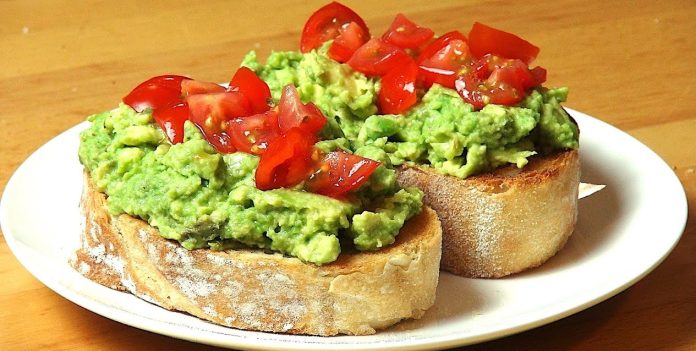For lovers of their smashed avocado on toast, there is worrying and serious news
A New report by Christian Aid reveals avocados are under threat from the climate crisis, sparking calls for faster emission cuts and more support for farmers.
In recent years, avocados have transformed from a niche food item into a global culinary phenomenon. Enjoyed for not only for their taste but for their health benefits, including high fibre, healthy fats, and a wealth of vitamins.
Avocados have become something of a controversial fruit. Known for their impact on the environment due to its need for lots of wate, but this need for water is what makes themn especially vulnerable to climate change in a hotter, drier, more drought-prone world.
Environmentally, avocados are a thirsty tree and this means they can put pressure on water supplies in areas that are water stressed. Since much water is exported with the fruit,this means that there is further depletion of water within the source ecosystem. The CO2 emissions from the long distances covered in transporting avocados to international markets, as well as the energy-intensive temperature controlled conditions they require in transit, have meant that their impact on the climate is higher than some other export crops.
In some areas, including Mexico, avocado production has become so lucrative that it is serving as a driver for deforestation, further contributing to CO2 emissions, as well
as to biodiversity loss.
Some of our best avocado growing regions are shrinking – and many people around the world rely on the high fibre, vitamin-rich fruit for essential nutrition.
Their growth and viability as a crop in the changing climate in the current major producing areas of Mexico, Spain, Chile, and Colombia is projected to shift. Globally, areas deemed highly suitable for growing avocados are expected to decline by between 14% and 41% by 2050, depending on how quickly global emissions are reduced. The worse the climate scenario, the more rapidly prime avocado growing regions will shrink.
Mexico, the world’s biggest producer, could see its potential growing area reduced by 31% by 2050 even if global average temperature rise was limited to under 2C. If temperatures rise by 5C, growing areas could reduce by 43%, endangering the industry’s sustainability and the livelihoods dependent on it.
In 2022, the UK was the seventh-largest importer of avocados in the world, accounting for 3.31% of imports of the fruit. That same year, avocados were the 539th most traded product.
Christian Aid is calling on governments to commit to urgent emissions reductions and accelerate the energy transition away from fossil fuels and towards clean, renewable energy.
We also want to see more financial support provided to vulnerable agricultural communities that rely on avocado growing for their livelihoods so they can adapt to the changing climate – a change that has been driven primarily by polluting nations in the global north.







